Research
Faculty Research
Founded in the 1960s by Dr. Melvin J. Williams, the ECU Department of Sociology has a faculty that represents a diverse array of research specialties and methods. Their work spans domestic and international subjects, from food insecurity in Eastern North Carolina to transitions in the international automobile manufacturing industry. Current faculty are researching the LGBTQ movement and religion, the conditions at the U.S.-Mexico border, the policing of protests, effects of economic austerity measures in Lithuania, American sexual relationships, the digital divide, and collective memory of Princeville, North Carolina.
Current Faculty Research Projects
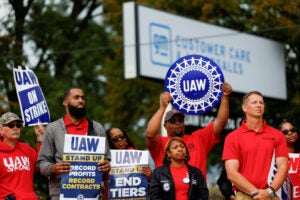
Foreign Automobile Transplants in the Age of Free Trade: Some Revealing Trends
Dr. AJ Jacobs
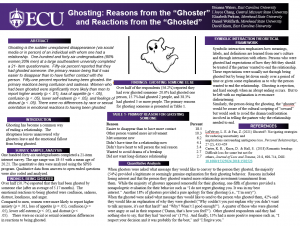
Ghosting: Reasons from the “Ghoster” and Reactions from the “Ghosted”
Dr. David Knox, Professor | Brianna Waters, Graduate Student
The project recently completed is on “Ghosting” among undergraduates at ECU. The reason why “Ghosters” end a relationship suddenly/disappear and how the “Ghosted” feel about being ghosted.
- Waters, B., Chang, I. J., Perkins,E. Wohlfarth, Knox, D. (2022) Ghosting: Reasons from the “Ghosted” and Reactions from the “Ghosted”. Poster, Southern Sociological Society, Birmingham, Ala., April.
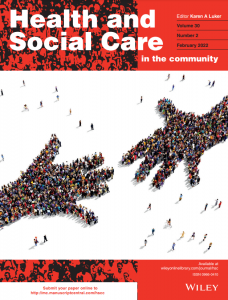

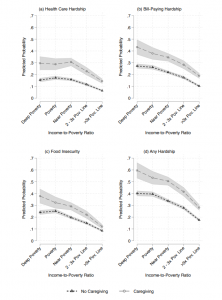
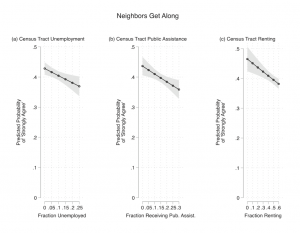
Social Support and Household Well-Being
Dr. Colin Campbell, Assistant Professor | Jasmine Walker, Graduate Student
The importance of social support network is a core and long-standing topic in sociology. In my research, I investigate how social support relates to well-being and material hardship, how social support networks have changed over time, and how social contexts influence the availability and use of social support. My research shows that having access to a private safety net helps with day-to-day struggles, but forming a stitch in the private safety net of others can increase the risk of experiencing hardships; that over time trends in access to social support are largely stable, yet social group disparities are stark and persistent; that most people report access to social support, but a small subset of people have no access to material assistance and few people turn to social network ties following experiences with material hardship.
- Campbell, Colin, and Jasmine Walker. Forthcoming. Informal Caregiving and the Risk of Material Hardship in the United States. Health and Social Care in the Community.
- https://doi.org/10.1111/hsc.13597
- Campbell, Colin, Jessica Pearlman, Ashton Verdery, and Kira England. 2022. “Community Lost? Changes and Stratification in Neighborhood Social Cohesion.” Socius 8:1-22.
- https://doi.org/10.1177%2F23780231221079997\
- Campbell, Colin, and Maude Pugliese. 2022. “Credit Cards and the Receipt of Financial Assistance from Friends and Family.” Journal of Family and Economic Issues 43:153-68.
- https://doi.org/10.1007/s10834-021-09751-x
- Campbell, Colin. 2021. “Help after Hardship: Trends and Disparities in Sources of Support following Experiences with Material Hardship.” Social Service Review 95:513-44.
- https://doi.org/10.1086/715977
- Campbell, Colin, and Jessica Pearlman. 2019. “Access to Social Network Support and Material Hardship.” Social Currents 6:284-304.
- https://doi.org/10.1177/2329496518820630

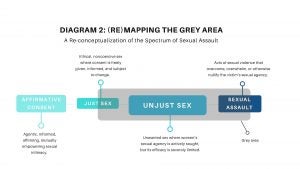
Teasing Out Affirmative Consent
Dr. Kristen Myers, Professor | Julia Metz, MA | Maeve Wallace, Undergraduate Student at Nothern Illinois University
I am part of a research team studying the negotiation of consent in sexual intimacy. We have conducted 45 face-to-face interviews and 6 focus group interviews with college students at a midwestern university to better understand sexual coercion, sexual assault, bodily autonomy, and affirmative consent. We find that gendered power dynamics complicate the negotiation of sexual consent, often resulting in unwanted sexual intimacy and sexual violence.
- Metz, Julia; Kristen Myers; and Patricia Wallace. 2021. “(Re)Mapping the Grey Area: How Sexual Violence is Normalized in Discussions with University Students.” Gender and Women’s Studies. 4(1): 5-21. [link: https://riverapublications.com/assets/files/pdf_files/remapping-the-grey-area-how-sexual-violence-is-normalized-in-discussions-with-university-students.pdf ]
- Metz, Julia; Kristen Myers; and Patricia Wallace. 2021. “”“Rape is a Man’s Issue:” Gender and Power in the Era of Affirmative Sexual Consent.” Journal of Gender Studies 30: 52-65. [link: https://www.tandfonline.com/doi/full/10.1080/09589236.2020.1834367 ]
Work in Progress: Wallace, Patricia; Maeve Wallace; Kristen Myers; & Kirk Miller. 2021. “When the Clery Act falls short: Analysis of the willingness to report sexual assault among university students of color.” American Society of Criminology, Chicago, IL.
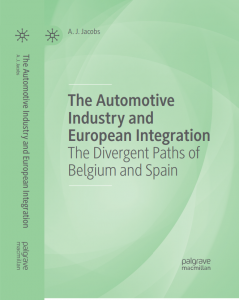
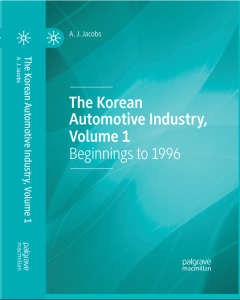
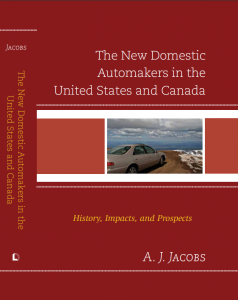
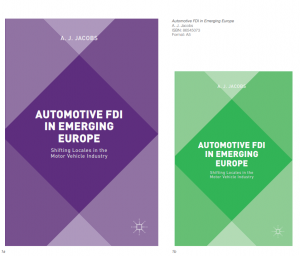
Past and Future Trends in the Global Automobile Industry: Government Policies, Development and the Factory Location Decisions of the World’s Automakers
Dr. A.J. Jacobs, Professor
Dr. Jacobs’ recent projects have been focused on the global automobile industry. Over the past six years, he has published four books on the auto industries in: the U.S and Canadian; Eastern Europe; Western Europe; and South Korea. He is currently working on a second book on the Korean Auto Industry, 1997-2020 (see below). His books examine how variations in labor costs and government policies have influenced the plant location decision of global automakers in the U.S., Europe, and Asia. Examples of national, state, and local government policies that have affected factory placements have been tariffs (import taxes), import quotas, and economic subsidy/incentive packages. Subsidies/incentives provided by governments to automakers to lure factories to their areas have included property tax abatements, free land, and free infrastructure (roads, highway interchanges, water, sewer, and rail lines).
- Jacobs, A. J. (2023). The Korean Automotive Industry, Volume 2: 1997 to 2020. Palgrave Macmillan, under contract, due December 31, 2022.
- Jacobs, A. J. (2022). The Korean Automotive Industry, Volume 1: Beginnings to 1996. Chaim, Switzerland: Palgrave Macmillan (Springer), ISBN: 9783030863463 (hard), 9783030863470 (eBook), 413pp, https://www.palgrave.com/us/book/9783030863463.
- Jacobs, A. J. (2019). The Automotive Industry and European Integration: The Divergent Paths of Belgium and Spain. New York: Palgrave Macmillan. ISBN: 9783030174309 (hard); 9783030174330 (soft); 9783030174316 (eBook), 453pp. https://www.palgrave.com/us/book/9783030174309.
- Jacobs, A. J. (2017). Automotive FDI in Emerging Europe: Shifting Locales in the Motor Vehicle Industry. London: Palgrave Macmillan. ISBN: 9781137407818 (hard); 9781137407863 (eBook), 358pp, https://www.palgrave.com/us/book/9781137407818.
- Jacobs, A. J. (2016). The ‘New Domestic’ Automakers in the U.S. and Canada: History, Impacts, and Prospects. Lanham, MD: Lexington Books. ISBN: 9780739188255 (hard); 9780739188262 (eBook), 525 pp, https://rowman.com/ISBN/9780739188255/The-New-Domestic-Automakers-in-the-United-States-and-Canada-History-Impacts-and-Prospects.